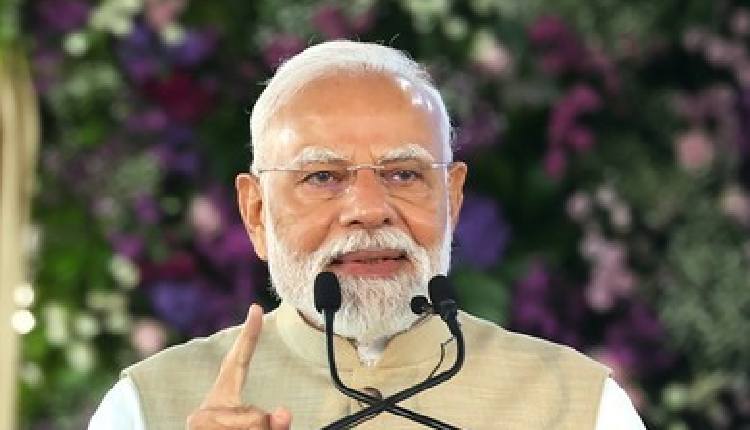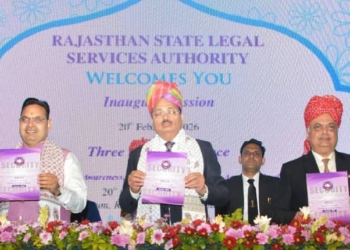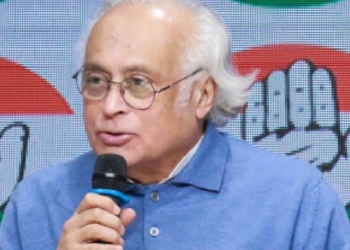New Delhi: In a historic step toward overhauling India’s indirect tax system, the GST Council, chaired by Union Finance Minister Nirmala Sitharaman, on Wednesday approved sweeping rate rationalisation reforms, cutting down the existing four-rate GST structure to just two slabs — 5 per cent and 18 per cent.
The Council scrapped the 12 per cent and 28 per cent tax slabs, implementing a simplified two-rate system aimed at reducing the burden on consumers and boosting economic activity. The reforms will come into effect from September 22, starting with revised tax rates on key goods and services.
Soon after the announcement, Prime Minister Narendra Modi took to the social media platform X to applaud the move, stating: “During my Independence Day Speech, I had spoken about our intention to bring the Next-Generation reforms in GST. The Union Government had prepared a detailed proposal for broad-based GST rate rationalisation and process reforms, aimed at ease of living for the common man and strengthening the economy. Glad to state that @GST_Council, comprising the Union and the States, has collectively agreed to the proposals submitted by the Union Government on GST rate cuts & reforms, which will benefit the common man, farmers, MSMEs, middle-class, women and youth. The wide-ranging reforms will improve the lives of our citizens and ensure ease of doing business for all, especially small traders and businesses.”
GST on essential personal care items like hair oil, shampoo, toothpaste, and dental floss has been reduced from 18 per cent to 5 per cent, directly easing the monthly expenses for millions of households.
Popular ready-to-eat items such as namkeens, bhujia, chabena, and mixtures, previously taxed at 12 per cent, will now attract only 5 per cent GST, making them more affordable for consumers across all income groups.
In a move aligned with public health goals, the Council increased GST on cigars, cigarettes, and all tobacco products to 40 per cent, up from 28 per cent.
Similarly, all goods containing added sugar, sweeteners, or flavours, including aerated beverages, will now fall under the 40 per cent slab.
The GST overhaul, described by experts as a “next-generation” reform, focuses on three key pillars as highlighted by PM Modi.
(IANS)
















